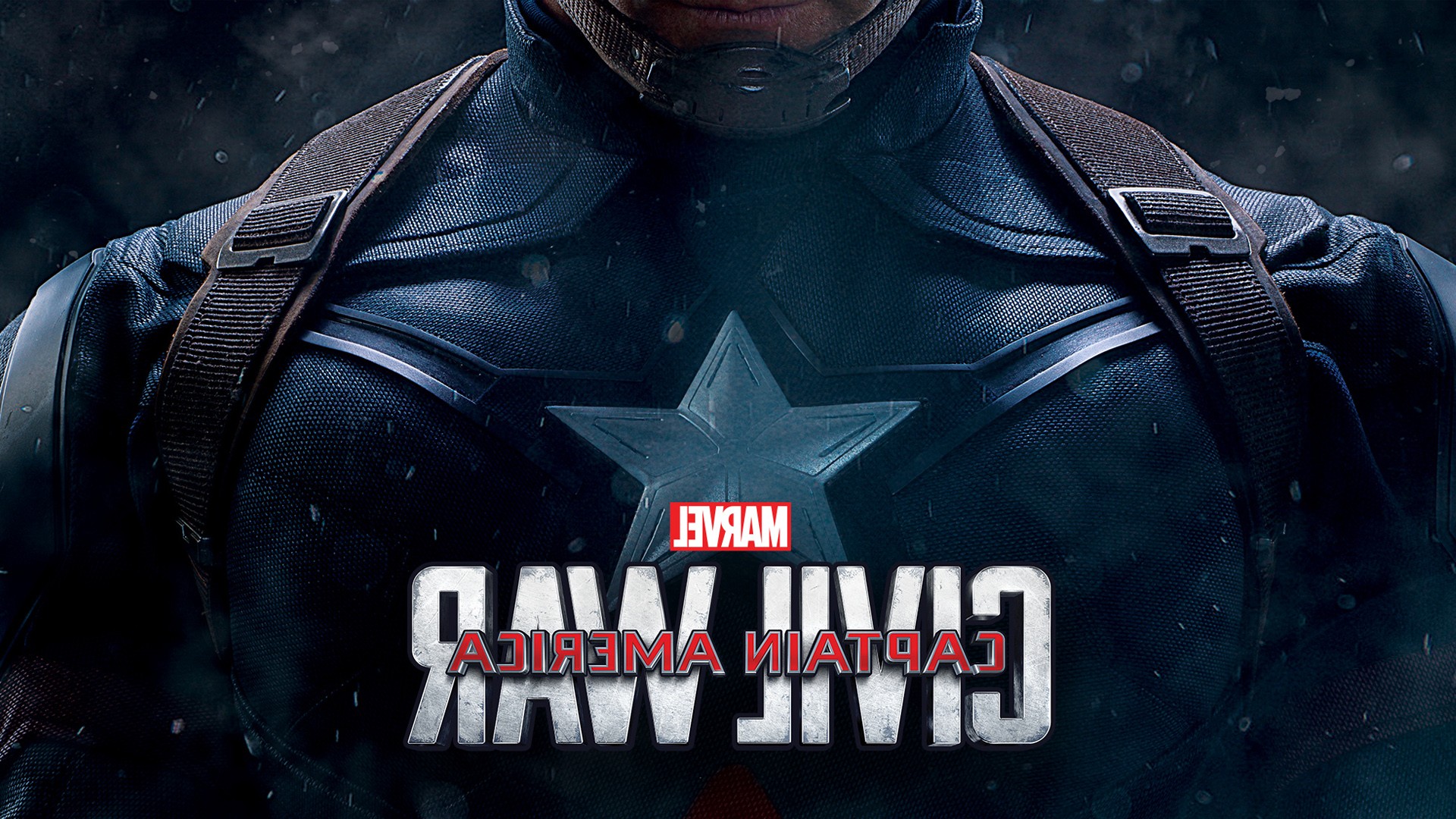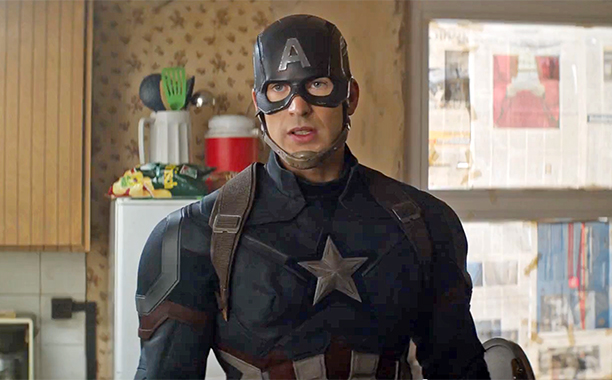

Superman: Dawn of Justice) ends up being a remarkably nuanced presentation of some complicated perspectives on personal accountability, collateral damage, and the balance between freedom and security.

To its credit, there’s actually a surprising amount of depth in the supporting characters of Civil War, and what could easily have been a film in which characters get smashed together under weak pretenses (a la Batman V. Captain America), and Robert Downey Jr.’s playboy industrialist, Tony Stark (Iron Man), but nearly everyone seems to have their own, unique perspective on both what’s at stake and the best way to handle it. Sure, the philosophical war at the heart of Civil War is primarily waged between Chris Evans’ soldier-turned-superhero, Steve Rogers (a.k.a. More so than any of the previous films in Marvel’s movie-verse, Civil War is an ensemble piece, jam-packed with just about every costumed character introduced in the studio’s universe so far (with the exception of Chris Hemsworth’s Thor and Mark Ruffalo’s Hulk) and masterfully balancing out their screen time so no one feels neglected. It almost seems disingenuous to frame Civil War as part of the Captain America solo franchise. The Avengers soon find their loyalties fractured when the world demands that the team answer to government agencies, and the divide grows even greater when a terrorist attack implicates Captain America’s old friend, James “Bucky” Barnes - the former assassin known as The Winter Soldier.

Written by Christopher Markus and Stephen McFeely and directed by brothers Joe and Anthony Russo (the same teams responsible for 2014’s Captain America: The Winter Soldier), Captain America: Civil War has Marvel’s superheroes dealing with the ramifications of their actions throughout all of the previous films and facing the deadly toll that their super-powered battles take on the innocent people around them. Civil War is an ensemble piece, jam-packed with just about every costumed character introduced in the studio’s universe.


 0 kommentar(er)
0 kommentar(er)
